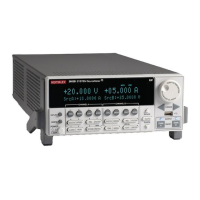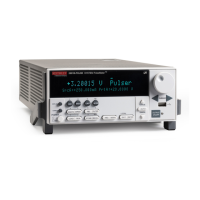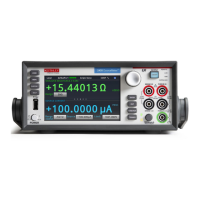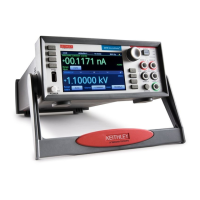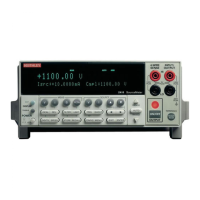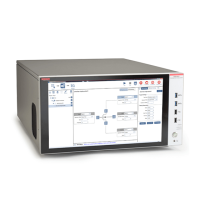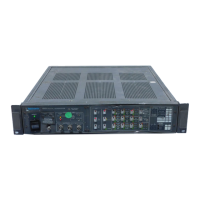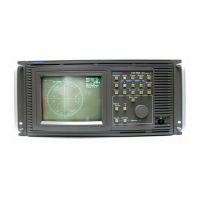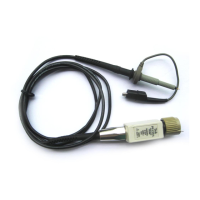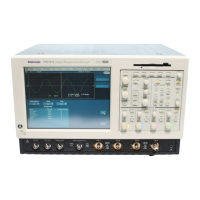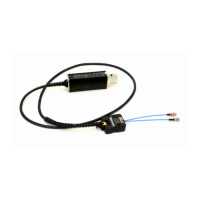Userstrings
Use the functions in this group to store and retrieve user-defined strings in nonvolatile memory. These
strings are stored as key-value pairs. The key is a unique identifier such as a part number or
identification string.
You can use the userstring functions to store custom, instrument-specific information in the
instrument, such as department number, asset number, or manufacturing plant location.
userstring.add() (on page 9-411)
userstring.catalog() (on page 9-412)
userstring.delete() (on page 9-413)
userstring.get() (on page 9-414)
Factory scripts
The Keithley Instruments 2600B System SourceMeter
®
instrument is shipped with one or more
factory scripts saved in its flash firmware memory. A factory script is made up of a number of
functions. Some of them can be called from the front-panel LOAD TEST menu. All of them can be
called using remote programming.
A factory script is similar to a user script, except a factory script is created by Keithley Instruments at
the factory and is permanently stored in nonvolatile memory. The differences between a user script
and a factory script include the following:
• A factory script cannot be deleted from nonvolatile memory.
• The script listing for a factory script can be retrieved and modified, but it is then treated as a user
script. A user script cannot be saved as a factory script.
• Factory scripts are not stored in global variables. The only references to factory scripts are in the
script.factory.scripts attribute.
• The script.factory.catalog() function returns an iterator that can be used in a for loop
to iterate over all the factory scripts.
Example
To retrieve the catalog listing for factory scripts, send:
for name in script.factory.catalog() do print(name) end
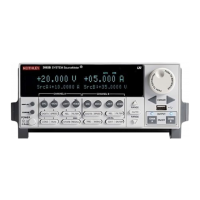
